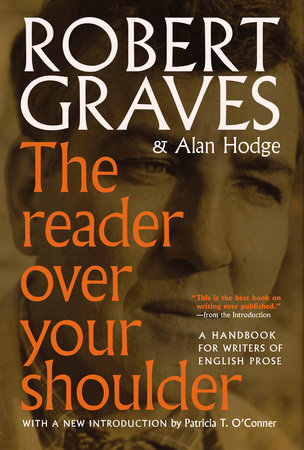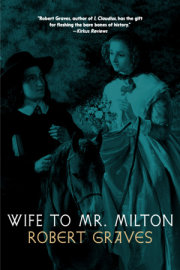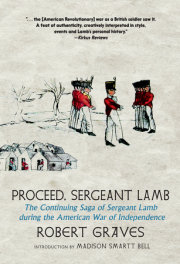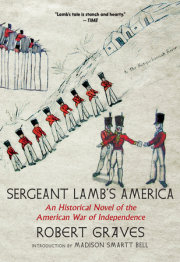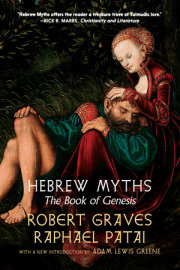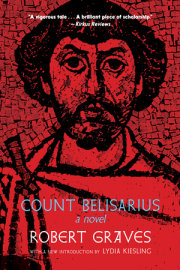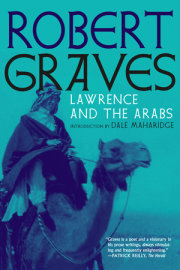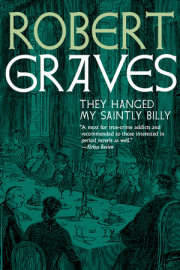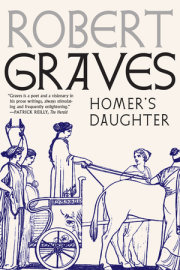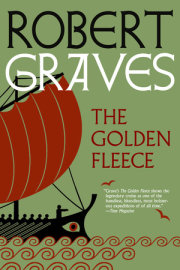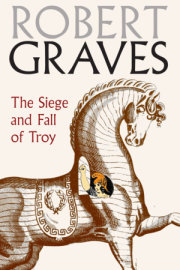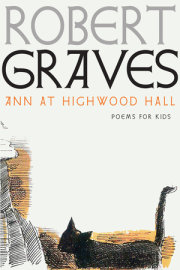One of the English language’s greatest defenders, Robert Graves (1895–1985) was a preeminent English poet, novelist, memoirist, critic, translator, children’s book author, and scholar of classical mythology. He served and was injured as an infantry officer in France during World War I—an experience recounted in his 1929 autobiography, Goodbye to All That—and later became the first professor of English literature at the University of Cairo. Graves is best remembered today for his acclaimed historical novels, his books of mythology, and the present volume on English. His many acclaimed works include I, Claudius, Goodbye to All That, The White Goddess, Collected Poems, Milton’s Wife, They Hanged My Saintly Billy, and The Golden Fleece; with Alan Hodge: The Long Week-End and The Reader Over Your Shoulder; and for children: Ann at Highwood Hall, The Hebrew Myths, and The Siege and Fall of Troy.
Alan Hodge (1915–1979) was a historian and editor. In addition to The Reader Over Your Shoulder, he collaborated with Graves on The Long Week-End, a social history of Britain during the First and Second World War and, together with Graves and Norman Cameron, on Work in Hand, a poetry collection. Like Graves, Hodge was in Spain when the Spanish Civil War erupted, and in Warsaw when the Germans invaded Poland.
Patricia T. O'Conner, a former staff editor at The New York Times Book Review, is the author of five books on language, most recently Origins of the Specious, written with her husband, Stewart Kellerman. Her first book, Woe Is I, has half a million copies in print and will soon appear in a fourth edition. She and Mr. Kellerman blog about the English language at http://www.grammarphobia.com.

